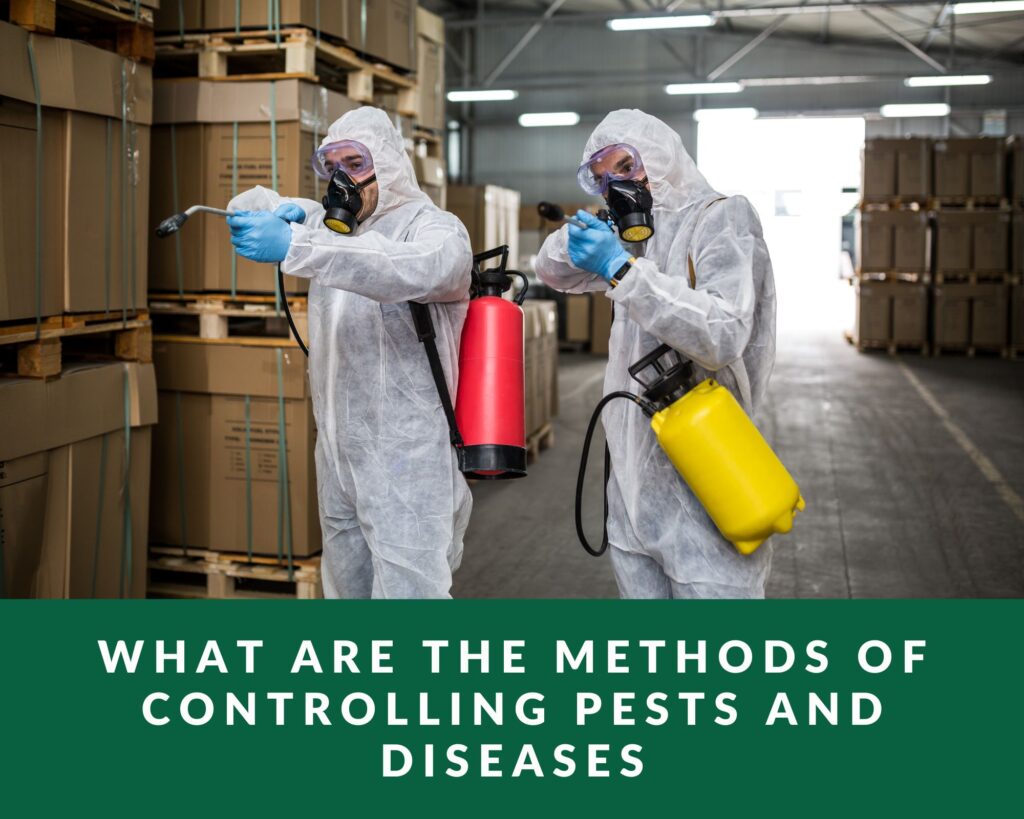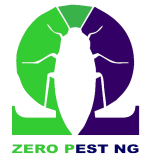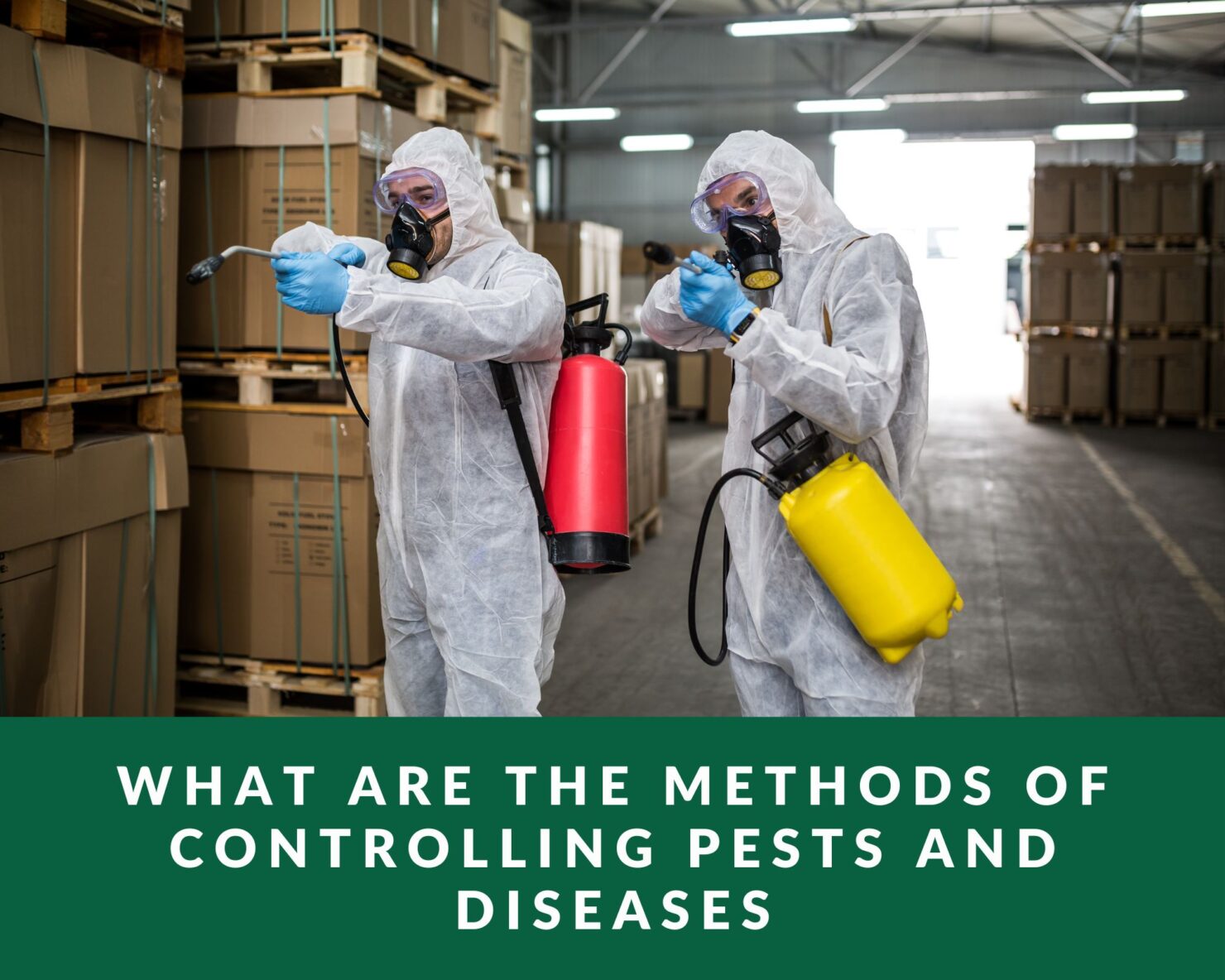
Organisms that cause harm to humans and the environment are called pests. Pests can include plants, animals, or insects that carry diseases, cause diseases and even destroy farm crops. Pest in particular may be all sorts of things, like an insect, viruses, fungi, bacteria and so much more that carry disease or cause damage in the farmland.
Pests can be weeds, fungi, viruses, bacteria, rats, birds, caterpillars, weevils and so much more. When pests are causing damage to your farmland, the next step of action would be to look for ways to eliminate or get rid of them permanently.
The elimination and killing of pests are known as pest control and this would drastically influence your crop yield for the better.
Even with the number of available pest control methods, agricultural pests are still the number one cause of low yield in the world. In agriculture, pest control is used to get rid of anything that is causing damage or diseases to the farmland.
Some Ways to Control Pests and Diseases
Apart from the normal methods of controlling pests and diseases, there are still things you can do around your farmland to permanently get rid of said pests and diseases. Here are some ways to control;
Weeds
Weeds are unwanted plants that grow where they are not supposed to and they cause damage to farmlands. They affect the growth of plants surrounding them by competing for nutrients, soil, water, and space. This causes the plants around to lose some of the vital nutrients they need to grow. Weeds can be controlled in so many ways when noticed on the farmland.
1. Hand pulling
This is one of the oldest, physical ways to control weeds in the farmland. You simply reach out for the weed you want to get rid of and pull the root out of the soil, killing it.
Uprooting weeds can be a bit effective and it is low cost, but it is not the most effective way of handling weeds in the farmland. All you need to do is to slowly remove the weed without causing any soil disruption or affecting the surrounding plants around.
2. Use of vinegar
Spraying vinegar which is mixed with liquid soap directly on weed is a great way to kill them. You can do this for your patio area where you don’t want weeds to grow, and for big farmlands, you can spray the vegetation and wait for the weed to die.
Using vinegar to spray over weeds is a great way to stop their growth and kill them.
3. Mulching
This is another method of getting rid of weeds in small areas. The major problem with this weed control method is the fact that it stunts the growth of other plants around. It can also control perennial weeds that are so hard to get rid of during hand-pulling.
You can carry out mulching by using hay and wood chips to cover the ground. This will prevent sunlight from passing through and causing the weeds to die. If you want to prevent harming the other crops, only cover the weeds.
Animal Pests
For farmers and even landowners, animal pests can prove a nuisance all around. Whether it is squirrels, possums, raccoons, skunks, or whatever, it is sure that their presence is not wanted.
Animals are prone to either set up a home in your backyard, build a nest around your home, or even burrow and live inside your farm.
Animal pests are unsanitary and carry so many other pests, mostly insect pests, and diseases. Here are some ways to get rid of animal pests in your home or farmland.
1. Use detour repellant
You can use this mostly at any entry point that rodents or small animals use to get into your property. You’ll put it in small crevices or cracks that most small animals use to get into your home.
The animals would be repelled by this product and won’t want to get into your home. For any small crack where an animal passes into your home, you pour in the detour repellant.
2. Eradication
This is simply done by putting poison baits that kill animal pests effectively all around your home or farmland. If the rodents eat your corn, for instance, you can keep a small pile of corn seeds somewhere and put on poison.
These would effectively kill most pests but make sure that you do not let your pet near the poison bait you have planted, as it can be dangerous for them too.
3. Pets
Pets can be very useful around your home or farmland when it comes to animal pests. Cats can chase down or even eat rodents that are roaming around and dogs can do the same but for bigger animals like squirrels and chipmunks.
4. Animal traps
These animal traps are made of steel mesh and come in various sizes to catch different kinds of animals. You can put in vegetables or other grainy food to lure the animals into the trap, and when it does, it traps them.
Insect Pests
These are the common pests that take over farmlands and even houses. Here are some techniques you can use to get rid of common insect pests:
1. Create Barriers
You can make a physical barrier around your fruit and vegetable patch to keep insects away, and this also works for animals too. You can use a fine net that they cannot easily crawl over.
2. Companion planting
Some plants that you plant around your farmland release insect repellents to keep pests away. You can get rid of insects by planting those plants on your farmland next to crops so that they can keep pests away. This is called companion farming and it keeps most insect pests away.
3. Handpick insects
You can handpick bigger pests like snails and caterpillars when they are roaming around your crops. This is one of the easiest ways to get rid of insects.
4. Pesticides
There are many pesticides you can use on the farmlands to get rid of insects that are feeding on your crops. You can use pellets to kill slugs and snails that would kill plants, spray chemical pesticides around that would instantly kill insects, or use organic pesticides if you don’t want to infect your crops.
Bacteria and Fungi diseases
Fungicides can be used to control organisms that are causing diseases in the farmland. These pesticides are usually applied during the planting season to increase crop yield and prevent diseases from taking over.

